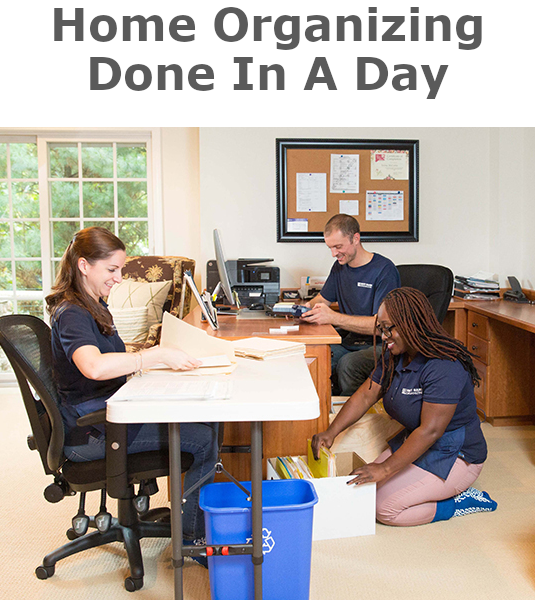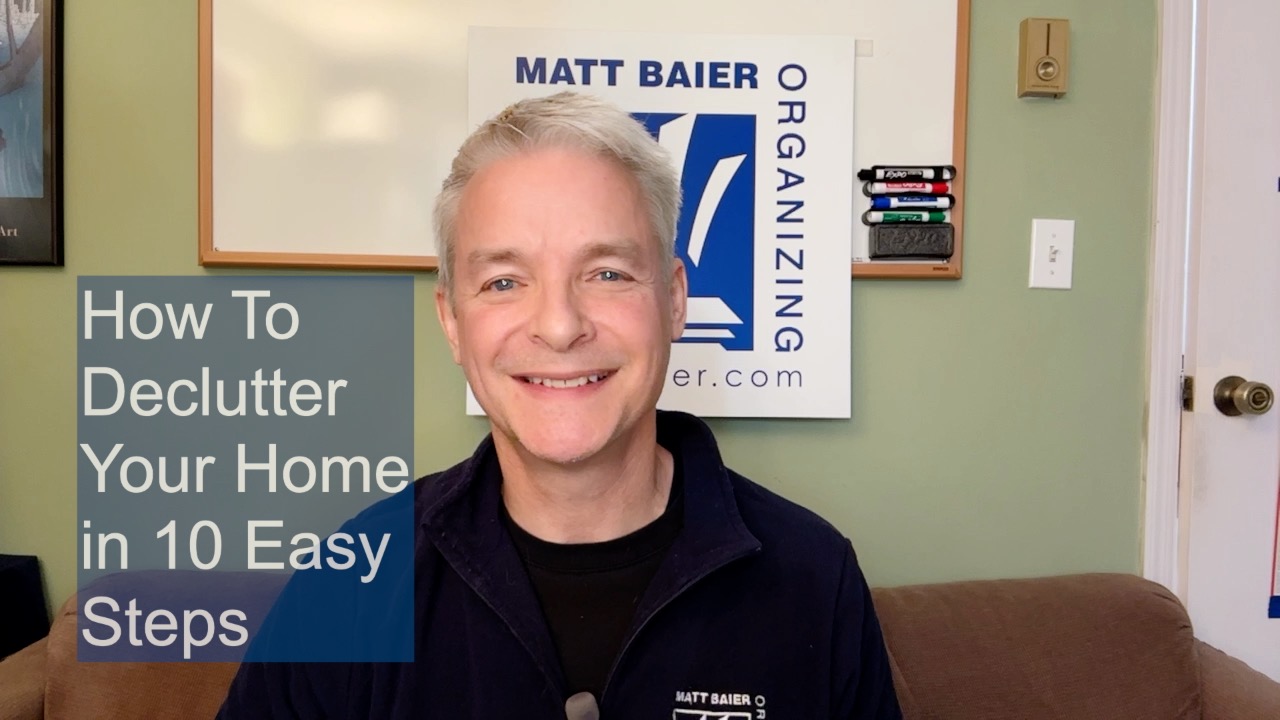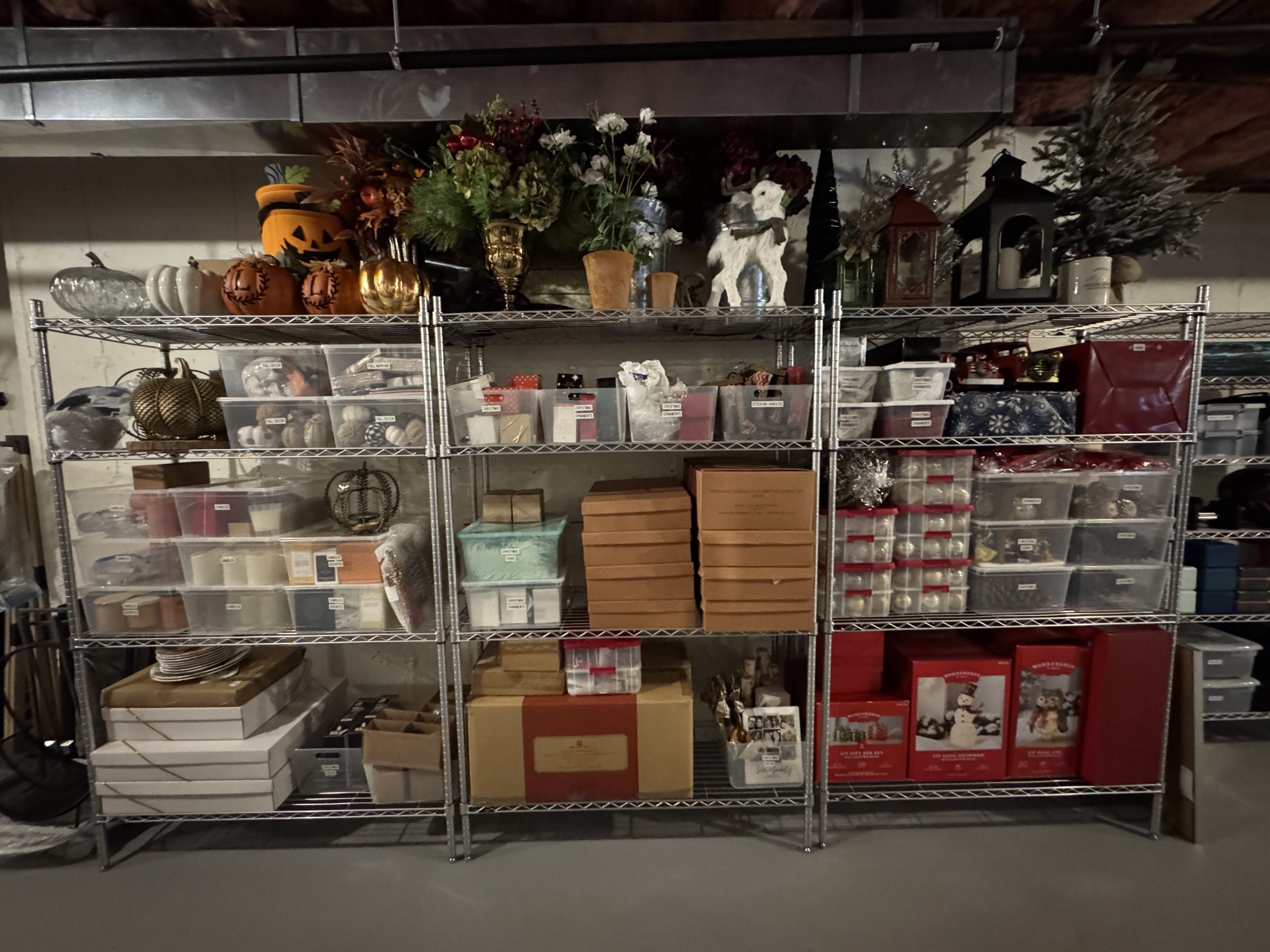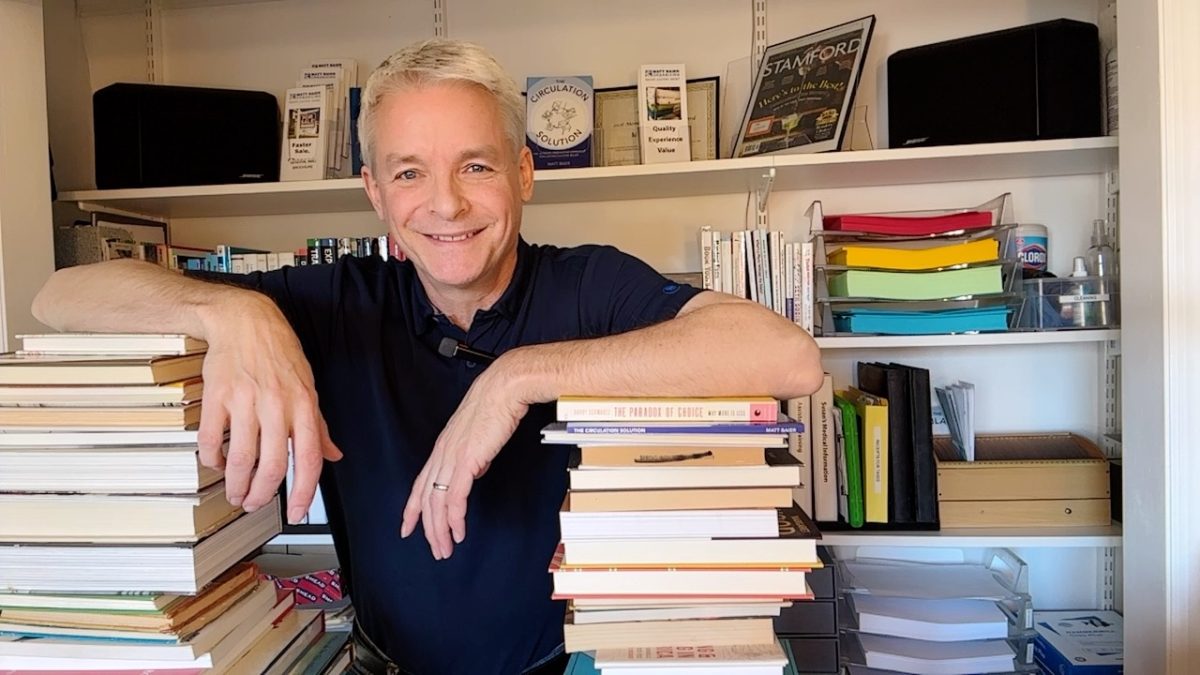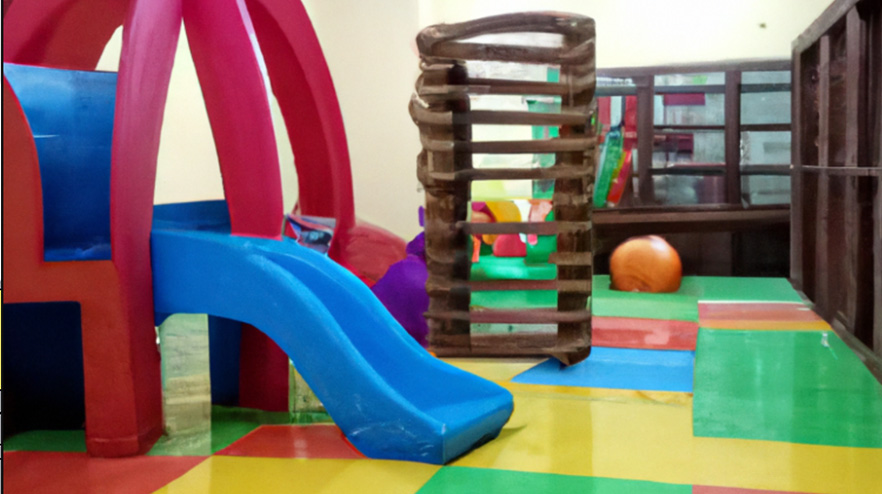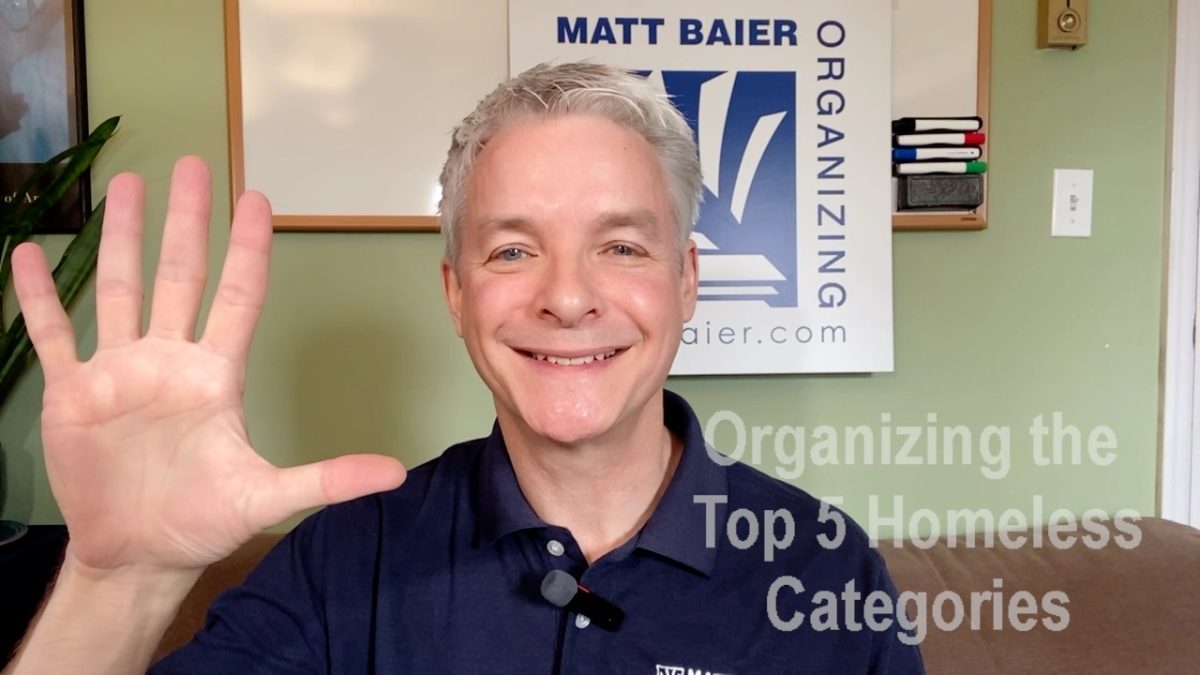Minimalism is a way of life that starts with a reexamination of priorities. This reexamination is a formidable project. You must get your possessions down to a manageable quantity and settle on intentional goals. Once you get to this point, you will need minimalist habits to maintain your goals. That said, these minimalist habits are also useful in guiding you toward a minimalist lifestyle.
For the record, I don’t consider myself a minimalist. While I purposefully have fewer possessions than most, I have not minimized as much as I want. I do however, feel qualified to take about this because, I’m a professional organizer. That means that I am skilled at shedding excess possessions. I am good at recognizing barriers to what is most important in your life. I am also good at preventing excess. I have some favorite organizing habits, which can be safely called good minimalist habits. Here’s why.
To understand the best minimalist habits, it is important to first understand what exactly it is meant by minimalism. My favorite definition comes from a leader in the minimalist movement, Josh Becker. He defines minimalism as the following:
“The INTENTIONAL promotion of everything we most value and removal of anything that distracts us from it.”
Isn’t that a great definition? It really makes sense of minimizing. Who doesn’t want to intentionally promote what we most value? And why would you want to cling to things that distracts us from what we most value?
I always tell my clients to prioritize before they organize. Then the decluttering process becomes more about what you are gaining, than what you are giving up. The more you want to achieve, the more you need to remove distractions. Recognizing those distractions, however, is easier said than done.
I have found no better way to recognize those distractions than Stephen Covey’s Time Management Matrix. I highly recommend reading about it in his classic, 7 Habits of Highly Effective People. I’d love to summarize how it works, but I’ll get straight to the habits.
Since there are two parts to the definition of minimalism, there are two categories of habits to support it. I am offering three habits to support promotion and three habits to support removal. For each category, I include a daily, weekly, and annual habit. Here they are.
Habits for promotion of what you most value:
1. Daily desk clear
Give yourself a clear runway and gives you a clear mind to focus on your priorities. Clear it at night, so that you can hit the ground running, first thing in the morning.
2. Weekly, priority review
Once a week, review a dedicated collection of priorities. Keep the review brief, like 15 minutes! Otherwise it becomes a lengthly chore, that you are likely skip. Look at your top priorities in context with your scheduled events and essential tasks.
3. Annual, new year’s resolution
I know there has been a real backlash to the New Year’s resolution, but it still has its place. It’s a great opportunity to step back, get perspective and choose a focus for the new year. Start thinking in December so you are ready to implement on January 2. (Planning to start on New year’s day is like swimming upstream.)
Habits for removal of distractions:
4. Daily, sort of the mail
Resist the urge to postpone and relieve yourself of the obligation to process. The obligation to process is another chore to ignore. That’s not an invitation postpone. Far from it. Deal with your mail immediately, but sort, don’t process. Sort bills-to-pay in one place and magazines-to-read in another. Move statements-to-file by the file cabinet and ruthlessly discard junk mail. NOTHING takes up residence on the dining table! The rule is simple: divide now, conquer later. If it takes more than 2 minutes, you’re doing it wrong.
5. Weekly basis, donation collection & distribution
Every garage has a can for trash and a bin for recycling. I think it makes sense to also have a donation depot. The best practice is to reserve a shelf just below eye level, by your car. This is a trunk’s worth, located inches away from the trunk of your car. This makes distribution as easy as possible, when the shelf fills up. Stuff circulates into our life too easily. You need a competitive plan for stuff to circulate out.
6. Annual, file rotation
The most minimal way to keep files is digitally. This requires that you have a digital filing system that you trust. If you don’t, the best way to minimize your files is with an annual rotation, after April 15. Files that you are keeping just-in-case can now be extracted and stored more remotely. This always keeps your file cabinet open and inviting for use. See further details.
Whether you have adopted the minimalist lifestyle or you are on your way these minimalist habits will help. They address both the promotion and removal, which are both central to the definition of minimalism.
If all of this sounds good, but you just have too much stuff to imagine the benefits of minimalism, we can help. We have effective, non-judgmental strategies to edit items that are no longer serving you.
Call 203.253.8414 for a free consult.
Please Share With Your Community






